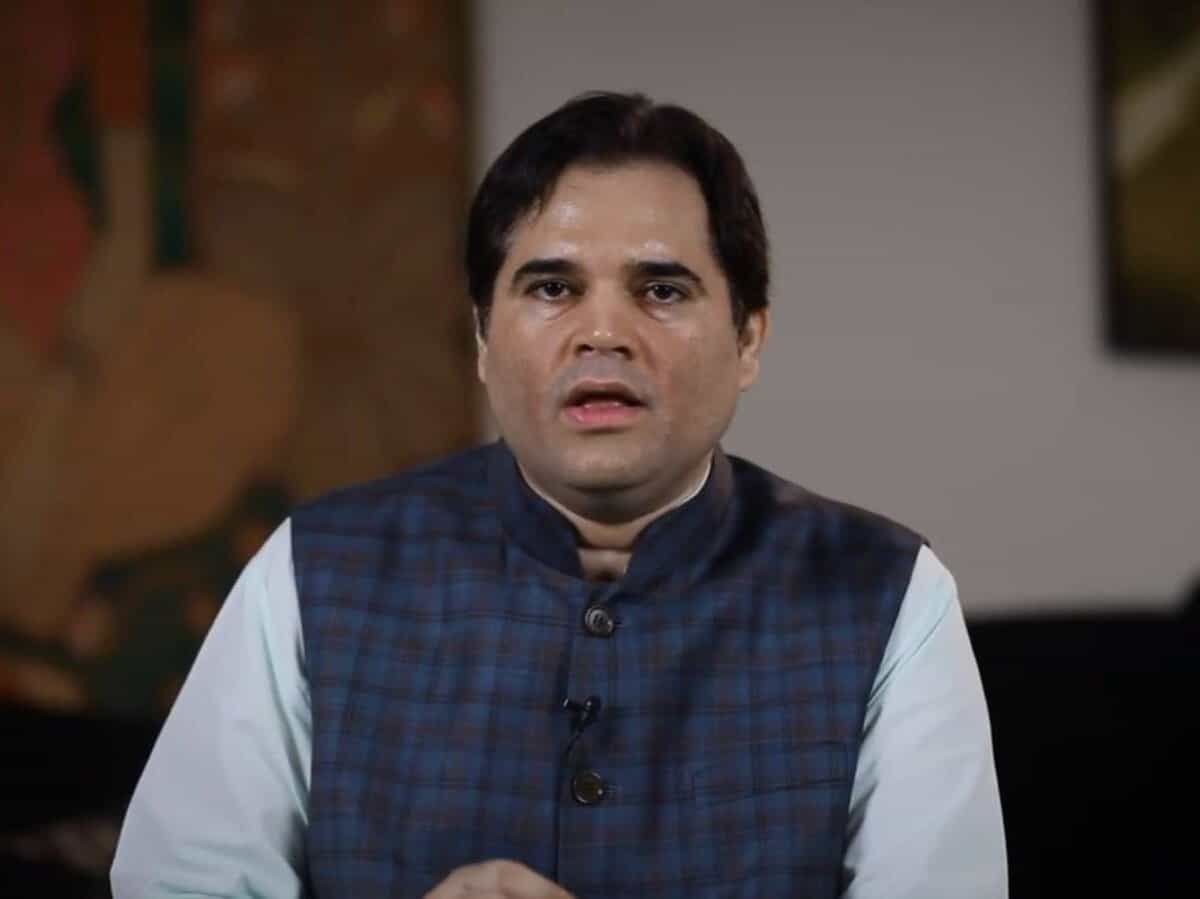
New Delhi: BJP MP Varun Gandhi on Wednesday said political parties have encouraged an entitlement mentality and created a “cradle-to-grave” welfare state by offering freebies.
Gandhi, who has been voicing concern about various governance issues, said there is a need to have a conversation about widespread abuse of public funds by offering freebies.
“Making such promises is an insult to voters, when many such promises are simply left unfulfilled or partially so,” Gandhi told PTI while talking about his latest book “The Indian Metropolis” which discusses challenges that Indian cities face.
“All political parties offer freebies now and through it an entitlement mentality has been encouraged, creating a cradle-to-grave welfare state,” he said.
However, he added that not every scheme or manifesto promise is a freebie free food at schools, for students, as offered under the Mid-Day Meal scheme “should not be classified as a freebie, given that it helps improve the health of our children.”
He further said reforming this mind set up of freebies will require initiatives on multiple tracks.
“Governments (whether state or Centre) announcing freebies should be required to providing a funding plan – to bolster Parliament (and state assembly) budgetary understanding and enhance their ability to act, a Budgetary Office should be established to aid in writing policies and conducting budgetary analysis,” Gandhi, a three-time MP from Uttar Pradesh, suggested.
Talking about his book, which discusses challenges in front of urban cities, Gandhi said India’s cities have notably “failed to consider the need for numerous urban green spaces” in their master plans.
“At the government level, we face a significant poverty of understanding about the value of forests and green zones in our cities and their intangible benefits,” Gandhi said.
To buttress his point, he cited the example of Mumbai and said the city’s development plans in 1964 and 1991 sought to plan out land use for a period of 20 years, but essentially resulted in a dilution of green spaces.
And now every year, some of Mumbai’s priciest real estate sinks under the deluge of monsoon rain, he added.
India needs to rethink how it manages its cities, with a push for making our urbanisation process better for the planet, he said while referring to the Singapore example where liveability and sustainability are given due importance.
Gandhi has been taking an independent stand from his party on various issues such as farm laws, unemployment and other governance related issues for the past some time. He has written four books so far with “Indian Metropolis” his latest one.
